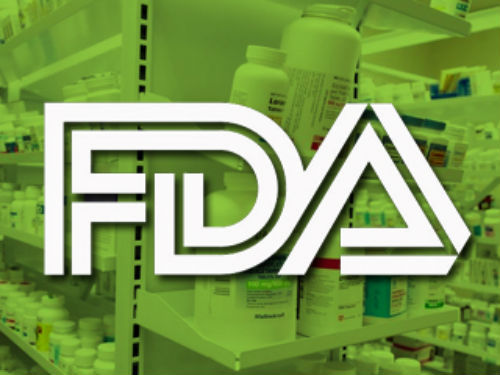
The FDA announced steps Wednesday to encourage generic competition as part of the continuing implementation of the agency’s Drug Competition Action Plan.
The latest steps focus on improving the efficiency and predictability of the FDA’s generic review process to reduce the time it takes to get a new generic drug approved and lessen the number of review cycles for generic applications before they can be approved.
Other major components of the Drug Competition Action Plan aim to reduce “gaming” by branded companies that can delay generic drug entry, and to resolve scientific and regulatory obstacles that can make it difficult to win approval of generic versions of certain complex drugs.
In a statement, FDA Commissioner Scott Gottlieb, M.D. said the agency expects to take additional steps this year to promote competition, to help reduce drug prices, and to improve access to medicine.
Specifically, the FDA released two documents that together are expected to streamline and improve aspects of the submission and review of Abbreviated New Drug Applications (ANDAs).
The first is a draft guidance for industry — “Good ANDA Submission Practices” — that highlights common, recurring deficiencies seen in generic drug applications that may lead to a delay in approval.
In addition, the FDA published a companion to the guidance in the form of a Manual of Policies and Procedures (MAPP) — “Good ANDA Assessment Practices” — that outlines ANDA assessment practices for FDA staff. The document formalizes a more streamlined generic review process, including the introduction of new templates that will make each cycle of the review process more efficient and complete.
The new MAPP also establishes that when the FDA determines that an ANDA cannot be approved in its current form, reviewers should provide more detail to generic applicants to explain the deficiencies with the application; outline details on how this information should be provided; and provide more detail, when available, on the additional information that the generic applicant must provide to the agency to support an approval decision during the next application cycle, according to Gottlieb.
The new MAPP does not alter the Generic Drug User Fee Amendments II review goals or program enhancements, he added, nor does it alter the regulatory requirements for ANDA approval. Rather, the goal of the MAPP is to guide FDA staff to help ensure they work more efficiently with the goal of improving review times.
“In the coming year, we’ll be taking additional steps to improve our own practices and to help guide industry to make sure their generic drug applications can be acted upon as efficiently as possible,” Gottlieb said. “For example, we’ll be building on our initiatives to accelerate generic entry of complex generics, which include medicines like metered dose inhalers used to treat asthma, as well as some costly injectable drugs, which are sometimes hard to copy.”
The agency also plans to continue to take steps aimed at making it harder for brand companies to adopt “tactics” that prevent generics from coming to market in the time frame that the law intends. This includes guidance development to address three important areas during the first quarter of 2018: Potential abuses of the citizen petition process, companies that restrict access to testing samples of branded drugs, and abuses of the single, shared system Risk Evaluation and Mitigation Strategy (REMS) negotiation process, Gottlieb said.
(Source: U.S. Food and Drug Administration)




